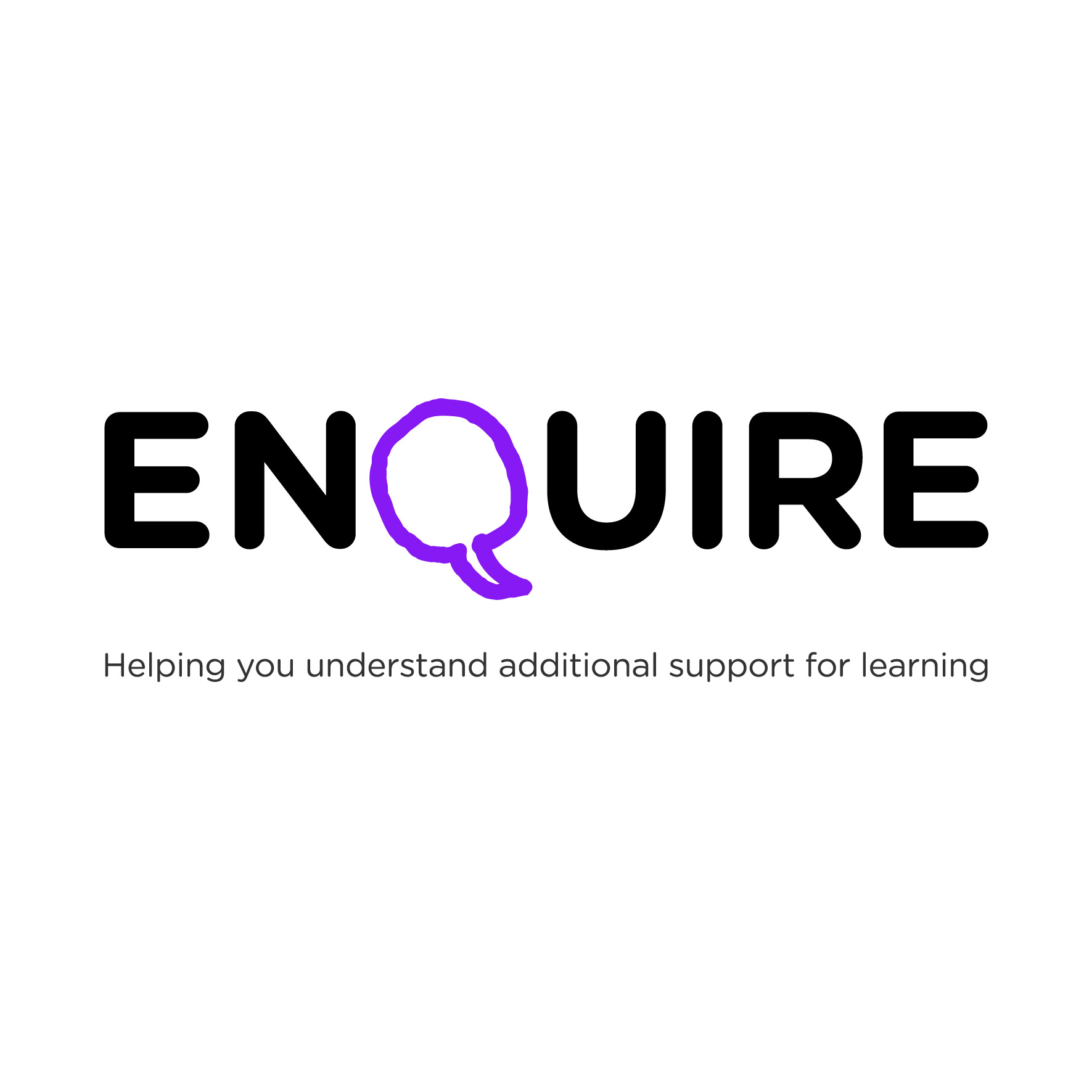In our latest Member blog, Innes Burns speaks to Dean Shanks about his social impact work at Spartans, and the foundation's ambitious plans for the months ahead.
Innes Burns: Dean, tell us about your role at Spartans and a bit about your background.
Dean Shanks: My role at Spartans is Social Impact Manager, overseeing the Education Department, Youth Work Department, and our Extra Time provision. At Spartans, we have schools on-site for both primary and high school pupils, giving them a chance to start their education journey in a different setting – one that combines youth work and education.
We run a Youth Work Programme with youth workers placed in every primary school in the local cluster. That provides continuity and helps build strong relationships between the young people and the community, especially with our team in blue coats who go into schools. I also look after the education officers, and right now we’re doing exciting work around STEM and pantries – using STEM as a tool to engage young people who might need a different way into the curriculum.
Then there’s our Extra Time programme – after-school provision that supports families, especially children with additional support needs. My role is really about coordinating all this great work, monitoring and evaluating it, and managing the team leaders across the departments. It’s about making sure we’re delivering a fantastic service in the community, but also continuing to innovate, listening to what people on the ground are telling us, and responding to the challenges they face.
As you know, North Edinburgh is an area with high deprivation, and there are a lot of challenges for young people and families. We’re just trying to do our bit to make their lives as positive as possible and help them make the most of the opportunities we can offer.
IB: What’s your favourite part of the job, and how important is that work to you personally?
DS: My favourite part is knowing that the work we do really changes lives. I’ve worked in the area for 16 years before joining Spartans last December, and coming in, it hit me straight away – every day here, you’re making a difference. Whether it's with young people, partners, or schools, the impact is real.
We’ve got a great team at Spartans, and the soul of the club – the community, the Foundation, and the football club – is all here for good. That message resonates because there’s so much change happening in the area and in the lives of the families we support. Every day is different, but every day brings the chance to make a positive impact. That’s incredibly empowering, and I’m proud to be part of a team that’s so committed to making a difference.
IB: Like yourself, we work a lot with children who have additional support needs. How fulfilling is it to see more recognition and support for those children?
DS: It’s a huge piece of work, and one we’re heavily invested in. We’re not just delivering support now – we’re looking at how we can grow and strengthen it for both young people and their families.
For example, our Reconnections Group runs out of our new youth work and education facility, and that’s a space the young people feel ownership of. We also have two sensory rooms, which are really important given the high levels of additional support needs in North Edinburgh.
Because we’re so embedded in local schools, we hear directly about these needs. Thanks to our strong community connections, we can respond flexibly and effectively. At Spartans, we don’t just acknowledge the challenges – we work to address them. That’s part of our ethos. The trust we’ve built over the years – through people like Dougie, Debbie, and many others – means we’re now seen as a reliable and valued part of the community. And that brings a level of responsibility we take seriously. We’re committed to continuing this work and doing it well.
IB: You mentioned Debbie and Dougie – two people I’ve known since my days at Inverleith Spartans. What are some of the most striking changes you’ve seen in the club over the years?
DS: The growth has been incredible. I remember when Spartans was just beginning to embed itself in the community, and to see where it is now is remarkable. But it’s important to recognise that this didn’t just happen. It’s the result of years of hard work from people who really care, as well as support from funders and partners.
Spartans is now held in such high regard. I often speak to other organisations about our model, and they’re amazed by the impact we’ve made. That all comes down to the people – their hard work, determination, and the sacrifices made along the way.
What’s unique about Spartans is the relationship between the Foundation and the football club. It’s a genuine partnership, and both sides feed off each other to do even more good for the people we work with. We’ve come a long way from the days at Inverleith and City Park, and that’s thanks to a clear understanding of our purpose and the ongoing commitment to community impact.
IB: There’s a lot of talk about the “ethos” of Spartans. Can you tell us more about that?
DS: When I joined last year, I already knew about Spartans’ values. That’s actually why I wanted to come here – because of the people and the purpose. There’s a strong sense of empathy across the team, and last year we did a lot of work on defining what it means to be part of the Foundation – what we represent and how we work together with the football club and the youth section.
There’s a real understanding here that you’re part of something special. That message comes from the top – Debbie, the trustees, and the leadership team have really embedded that culture. You come to work each day knowing you’re contributing to something meaningful. The positive energy among staff feeds into the work we do with young people, families, schools, and partners. It’s a brilliant place to work.
Over the last 10 months, I’ve seen first-hand how committed everyone is to making Spartans a success. The new youth work and education space we’re sitting in now? That came about because young people told us they needed it—and we listened. It’s that responsiveness that makes Spartans special. Every day is different, but every day we’re striving to do something positive. I’m genuinely proud to be here.
IB: Brilliant, Dean. Before you go, are there any events or upcoming news that members should look out for?
DS: Yes! something exciting is coming up. We’re about to launch our next three-year strategy, which will outline key areas of growth and development. It’s a big moment for us, and we’re looking forward to sharing it with the community.
Also, just last week, we became the first community organisation in Scotland to receive the STEM Nation Award, which is a huge achievement and something we’re very proud of.
What’s great about Spartans is that we’re never afraid to try new things. We’re constantly innovating, listening, and evolving to meet the needs of the community. So while there are exciting plans ahead, part of what makes Spartans special is that we’ll continue to respond to opportunities and challenges as they come. Our commitment remains the same: we’re here for good, and we want to keep making a positive impact for the people who live and work in this community.
IB: As they say - once a Spartan, always a Spartan. I really feel that.
DS: Exactly! Thank you so much for the opportunity to talk about what we do.




